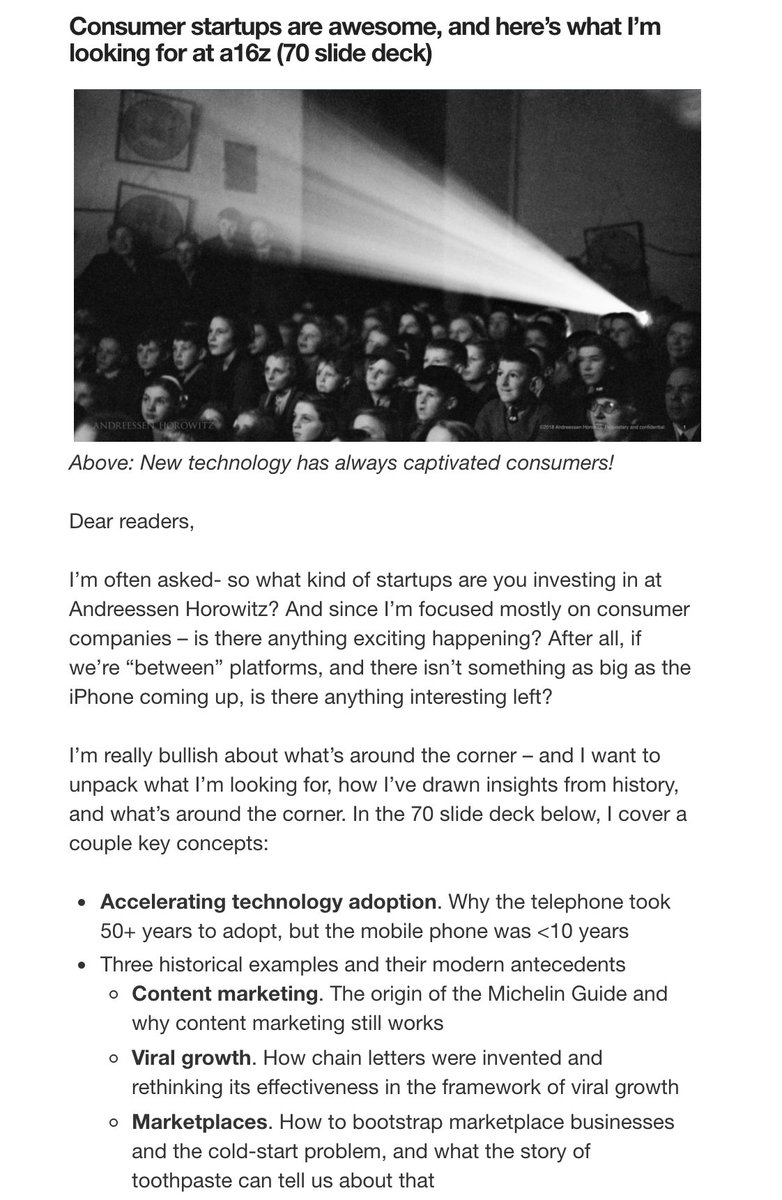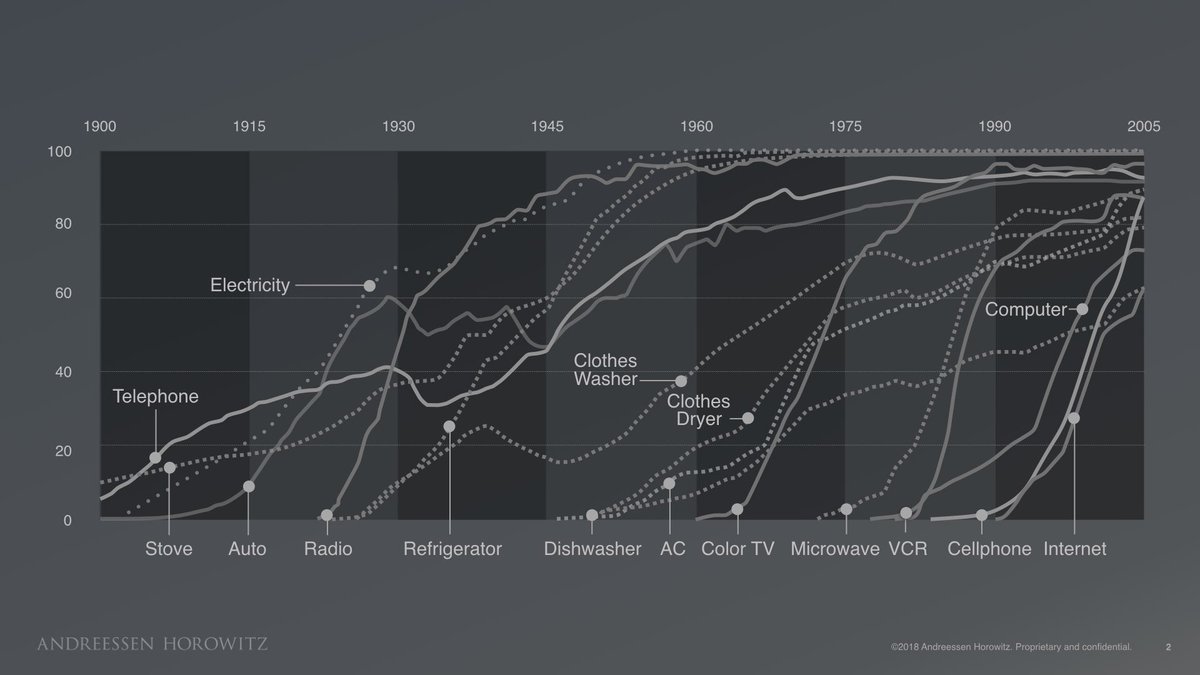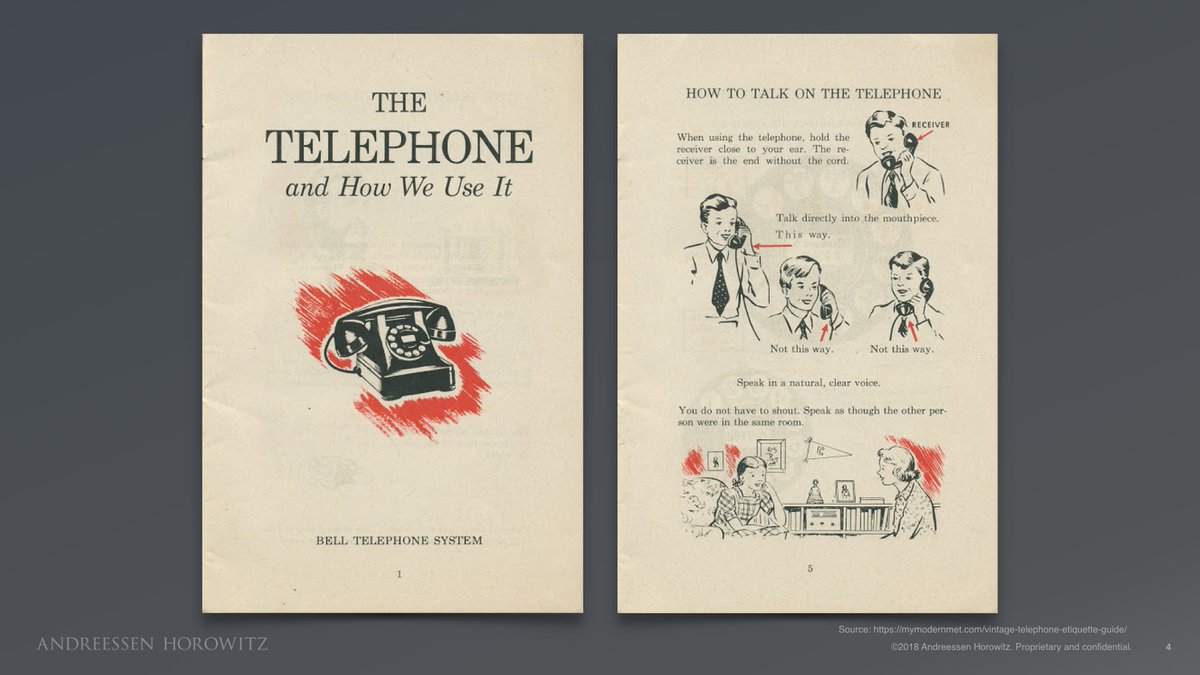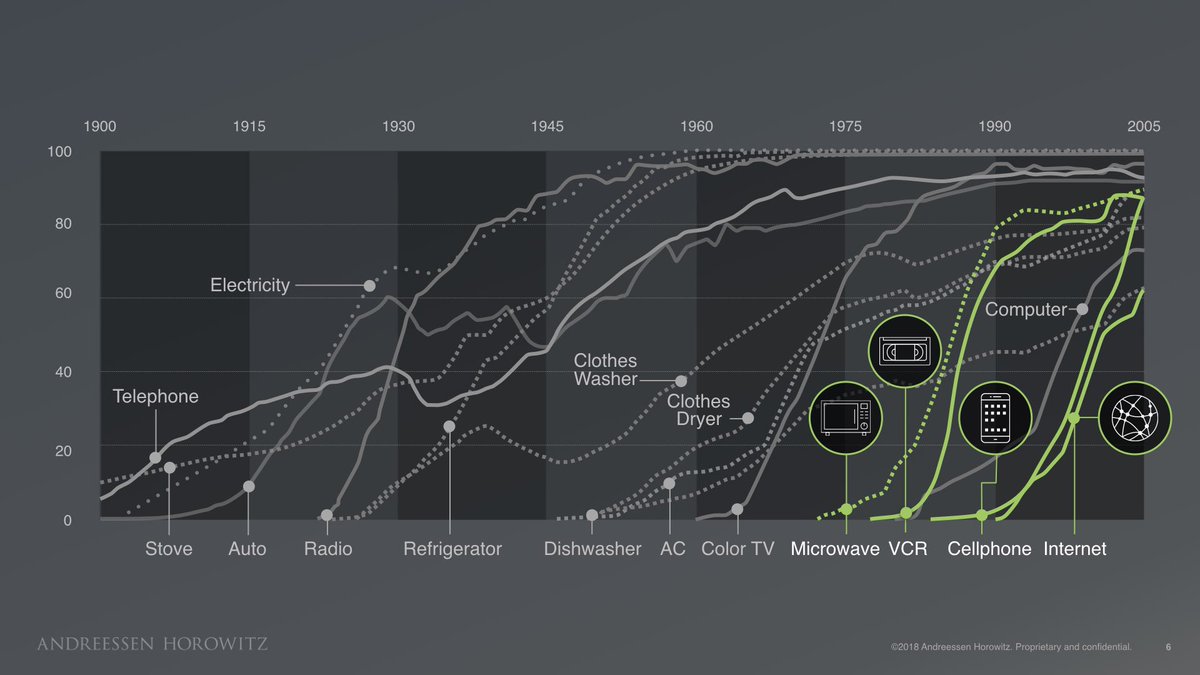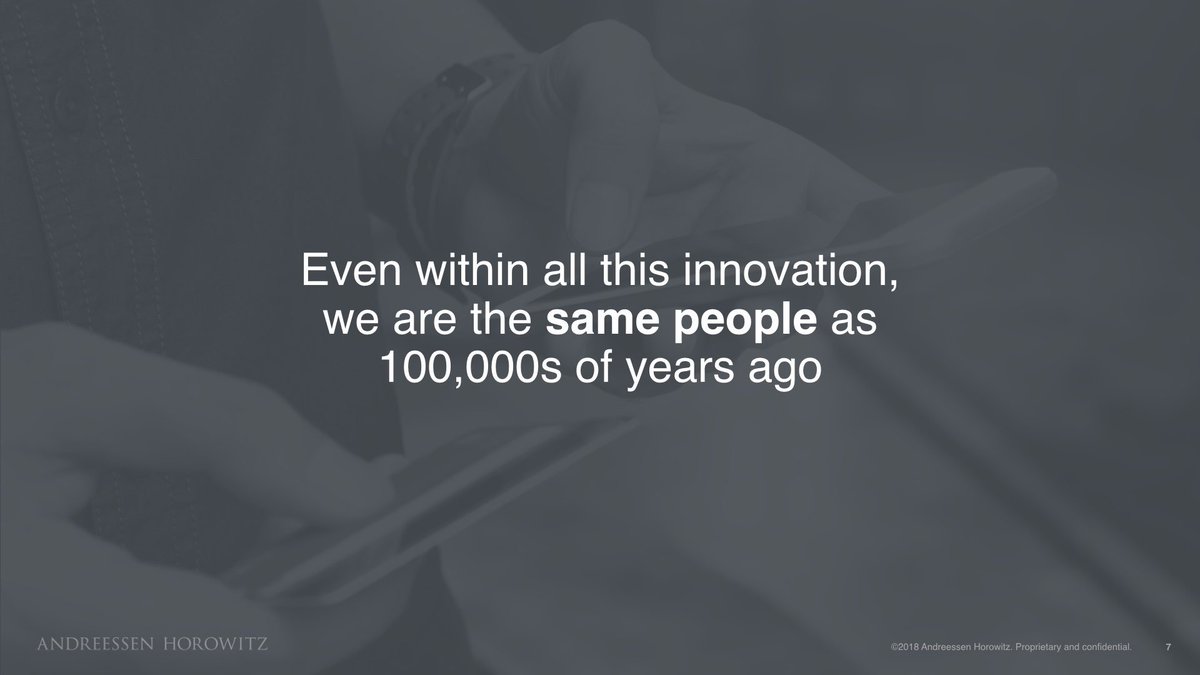2) As modern westerners, we grossly underestimate the profound and sometimes brutal sociological and psychological effects of continual, relentless, and massive social, economic, and technological change. We are too close to it. It's all we know. We are fish who can't feel wet.
3) The technological changes enable and facilitate massive social and economic changes, which, in turn, create demand for yet more technological changes to help people adjust to the social and economic changes. Rinse and repeat (in a smart washing machine).
4) There is nothing novel about this observation. Far smarter people have written and spoken eloquently about this dynamic over the past several centuries.
5) But we are not forgiving enough (of others and of ourselves) and we are not understanding enough about the significant harm that this continual and relentless cycle of change and disruption does to our mental and spiritual health. We think all of this is normal.
6) As products of our civilization, we typically think that it is we, the human beings, who must be conditioned to adjust to our society. We seldom consider that it might be our civilization that is more than a few tweaks away from normal or healthy.
7) Consider the phrase "well-adjusted". It automatically assumes that the normal and mentally healthy individual is the one who is able to adapt to the prevailing social and economic conditions, even in cases where those conditions, viewed holistically, are quite abnormal.
8) The pace of social and economic change that the average person is expected to endure today is unprecedented in human history - the way we live, where we live, the new skills that must constantly be learned, even the words that we are expected to use for things.
9) Things I'm not saying in this thread:
-Change is bad
-People in the past had it easier than we do
-Choice is bad
-Learning new skills is bad
-Change never happened before now
10) For most of human history, until very recently, the social and economic roles that the average person was expected to play were well-defined and virtually unchanging.
11) I'm not arguing that this was always good. Many of those social and economic roles were oppressive, unjust, and exploitative. And you could never change them. That world was very hard on the vast majority of people.
12) But, for good and for bad, there was an underlying and predictable stability there. You were a shepherd, because your dad was a shepherd, and as a humble shepherd, with the skills of a shepherd, you would live and die.
13) Yes, the Vikings could come in the middle of the night and slit your throat. Yes, you could die of the bubonic plague. Yes, if you got sick or became disabled, you were pretty much screwed. Again, I'm not arguing life was easier then, or that pain and misery didn't exist.
14) What I am arguing is that the predictability and stability of day-to-day social and economic roles and nearly immutable cultural expectations provided at least some degree of psychological comfort, some sense of belonging, and removed some pressure to always reinvent oneself.
15) No, I wouldn't rather live back then. Yes, in many ways things are far better now.
And, yes, we live in a society where people are under tremendous social and psychological pressure and it manifests itself in all sorts of seen and unseen pathologies which cause much misery.
16) The fact that many things are better now does not absolve us of the responsibility to question our current paradigm of head-spinning continual social and economic change, and to ask hard questions about whether what we are expecting of people is realistic, or even humane.
17) No, I don't have answers. If you expected any to such difficult questions, from someone who isn't all that smart, for free, in 280 characters or less, I am sorry to disappoint you. [end]






















